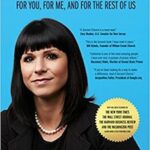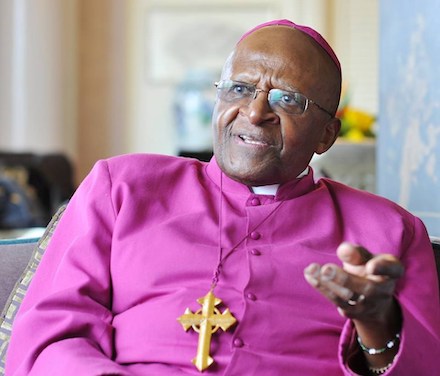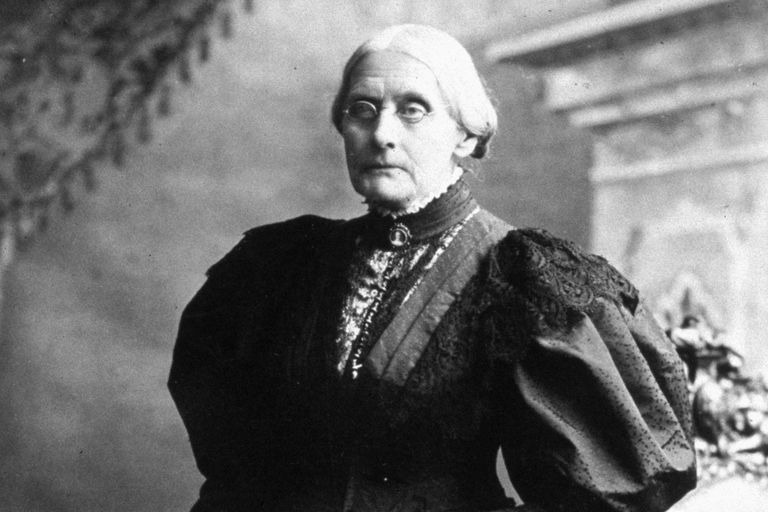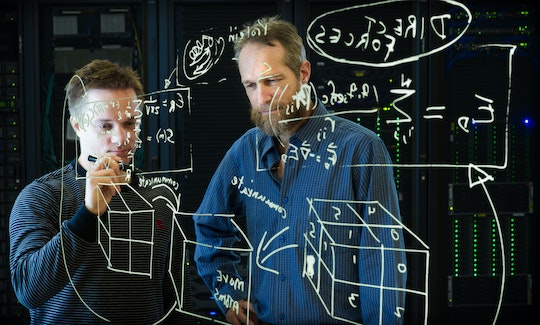“We often avoid taking action because we think, I need to learn more, but the best way to learn is often by taking action.”
—James Clear, author, entrepreneur, and photographer

Image from Unsplash by Ethan Elisara
Following a two-year career as a middle school science teacher in Philadelphia, I secured a job as a pharmaceutical sales representative with the Upjohn Company.
That’s right — in the early 80s I was a legal drug dealer, promoting Motrin for pain and arthritic conditions to physicians, over other meds available at the time.
My training was rigorous, with an initial one-month stint in chilly Kalamazoo, Michigan in January. The company — which is now part of Pfizer — was about a century old at the time and took great pride in preparing over 1,000 sales reps to be among the best in the industry.
Once our book learning was complete, we were sent out to work with our district managers, to get field experience meeting with real doctors, intending to influence them to prescribe our magic orange tablets.
In the beginning, my manager did most of the work, describing features and benefits of our medications over those of our competitors. Following a few such interactions, my manager, Stan Ershler, informed me that he had to leave. I indicated that I would head right home to continue my studies. He said, Absolutely not! Go out and find some more physicians to talk to — see what happens! I definitely could have used a pill for panic attacks at that time!
With great patience and a bit of tough love, I was out the door, diving in the deep end in my new career.
EXERCISE:
Where are you hesitating or procrastinating on taking action because you feel you need to learn more?
In what situation is taking action and getting in the game likely to be your best teacher?














